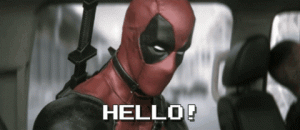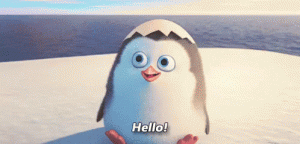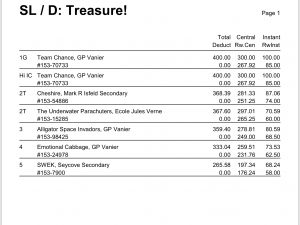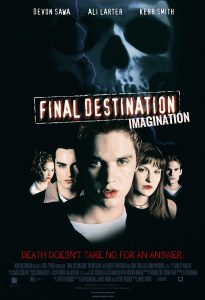Hello, Internet.
So we’ve been studying World War II in Socials, and as a part of that we’ve been reading books related to it. I read All The Light We Cannot See, a novel by Anothony Doerr. It’s a book I’d heard of before– it’s Doerr’s best known work, and judging by the amount of critical acclaim it has received, quite possibly also his best.
Here is my review:
Anthony Doerr’s novel All the Light We Cannot See tells the story of two characters living through World War II: a blind French girl who has to leave her hometown of Paris for the first time to live with her great uncle, and a young German boy in the process of becoming a soldier. The book tells their stories over a span of several years, and we see the characters both coming of age in their own ways. Both protagonists are compelling, sympathetic, strong characters with unique perspectives on the war.
The girl, Marie-Laure LeBlanc, is living in Paris with her father when the war begins. The book takes great pains to describe the life the two shared in the years before the war, describing everything from the model town Marie-Laure’s father made her so she could learn where things were while blind to the birthday gifts she got every year to the coffee they routinely drink in the morning. The two flee to the town of Saint-Malo to stay with Étienne, Marie-Laure’s great uncle. In their possession is a small stone called the Sea of Flames, a diamond which legend says is cursed so that the owner will live forever but misfortune will come to all their loved ones.
The boy, Werner Pfennig, is living in an orphanage with his sister Jutta prior to the war. He has an affinity for radios, having fixed up an old radio he and Jutta discovered in order to listen to broadcasts, and acting as a radio repairman for the people in the town in which he lives. Once the war begins, he becomes a cadet. The book follows his experiences training to be in the army, and the harshness of the training program that he is forced to go through. Eventually, he becomes a fully fledged soldier, and goes to fight in the war.
While both plots and characters are interesting and engaging, the book itself proves to be confusing due to how quickly it switches back and forth between the main characters’ perspectives. Additionally, it will often jump back and forth between years, making it difficult to tell what order events are happening in, as well as where and when a certain scene is taking place. Often only a few pages are spent with a character before the book suddenly switches perspectives and plot lines completely.
Regardless, once you figure out where and when the scene you’re reading about is happening, the book is enjoyable, if saddening. It draws you in with descriptions of life for both characters, especially of life for the blind Marie-Laure. The book describes her experiences becoming blind, saying the world has now become “a labyrinth bristling with hazards”, where “cars growl in the streets, leaves whisper in the sky” and “blood rustles through her inner ears”. The book allows a look into not only the realities of living during a war, but also how it can have an irreversible effect on the rest of people’s lives. All in all, once you get past the initial confusion of the style in which the book is written, it is a strong story with interesting protagonists, and definitely worth a read.
Toodles!






